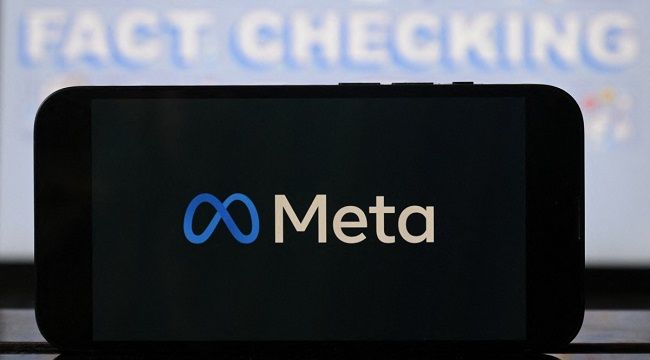
Meta has announced it will appeal a €200 million fine imposed by the European Union over its contentious “pay or consent” system, which regulators say violates the bloc’s landmark digital competition rules.
The penalty, issued in April, stems from the way Meta collects and uses personal data on its platforms Facebook and Instagram under a model introduced in November 2023. Under this system, users must either consent to data tracking to access the services for free or pay a subscription fee to opt out of personalized advertising.
In a blog post published Wednesday, Meta’s vice president for competition, Tim Lamb, criticized the EU’s decision as both “incorrect and unlawful.”
“We are appealing this decision,” Lamb wrote, adding that the ruling disregards a 2023 judgment from the EU’s top court which, according to Meta, validated subscription-based models as a lawful means of offering user choice regarding data privacy.
The European Commission, however, concluded that Meta failed to offer an equivalent version of its services without personalized tracking one of the requirements under the Digital Markets Act (DMA), which seeks to rein in the dominance of major tech platforms designated as “gatekeepers.”
Civil rights groups across Europe have sharply criticized the “pay for privacy” model, arguing that it undermines meaningful consent and effectively commodifies users’ personal data.
The Commission also warned Meta in April that it could face daily fines if it failed to bring its practices into compliance with the DMA within 60 days. That deadline expired last week, and EU officials have since confirmed they are reviewing updated information submitted by the company to assess whether it now meets regulatory standards.
Despite defending its model, Meta could face further regulatory action depending on the Commission’s assessment. “It’s perplexing that the Commission now claims our model fails to meet the DMA’s requirements when a court ruling supports subscription as a valid user choice,” Lamb added.
The case is shaping up to be a key legal and political test of how aggressively EU regulators are willing to enforce the Digital Markets Act and how Big Tech responds when business models collide with European privacy and competition rules.





